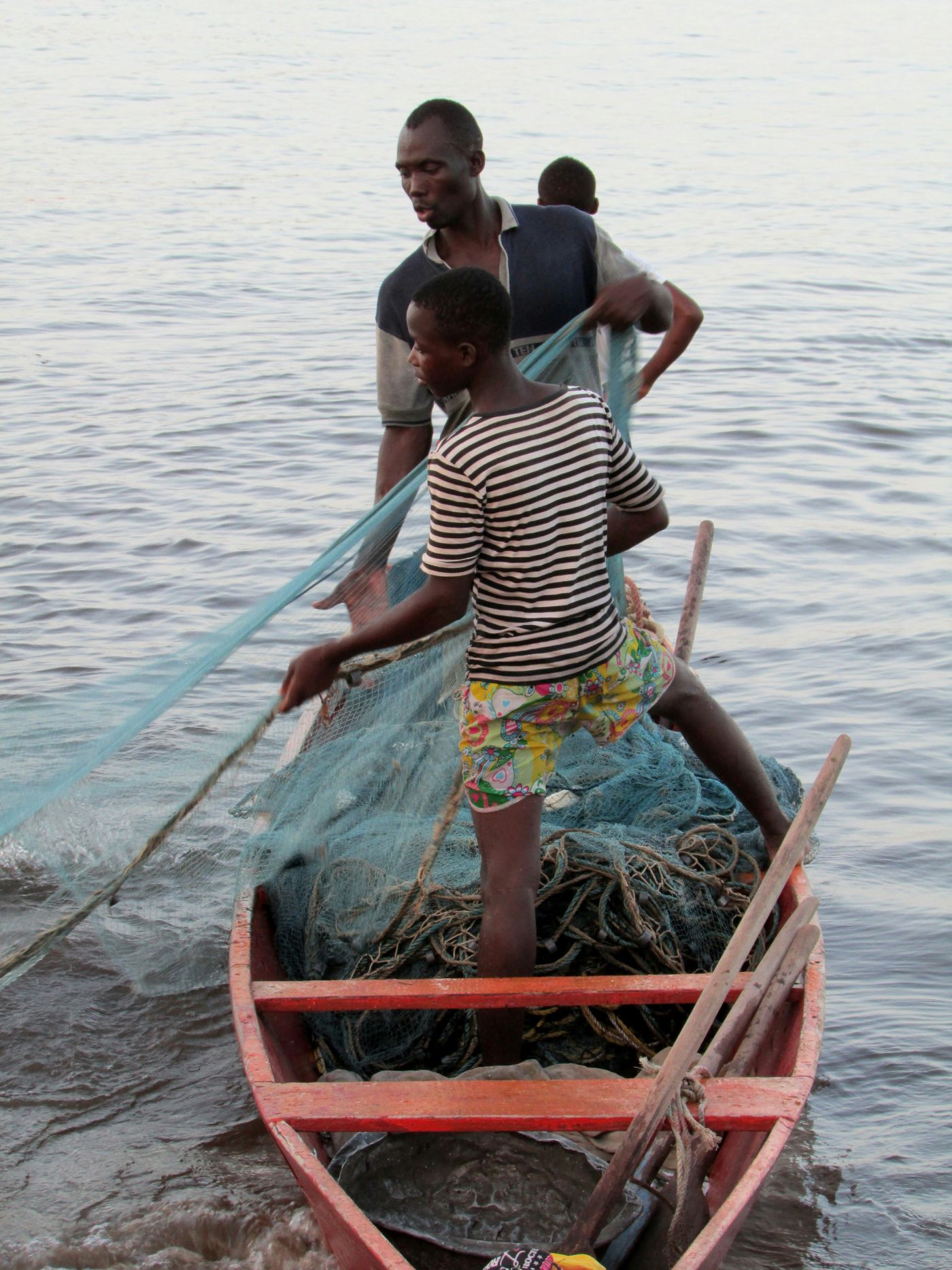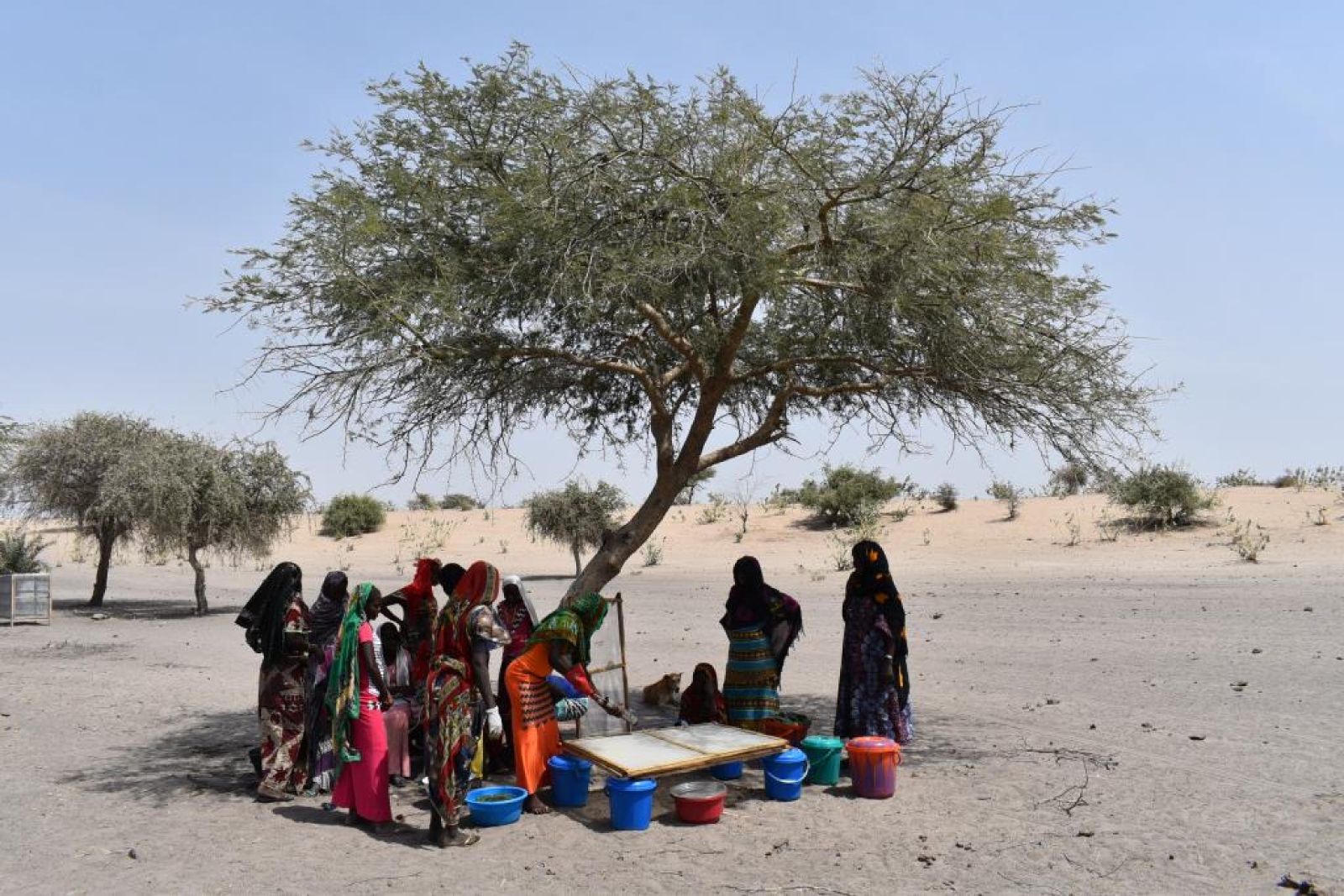
Commissioned by the World Bank, this one-year regional study aimed to assess the enabling environment for scaling rural logistics systems that are both climate-resilient and low-carbon. Regenopolis, in partnership with GRID Engineers and ES Partners, delivered a deep-dive analysis of rural transport infrastructure and accessibility across Senegal, Mauritania, Burkina Faso, Chad, and Niger, with a focus on linking logistics planning to the growth of local agricultural value chains and inclusive development in fragile, climate-vulnerable areas.
Across the Sahel, the lack of rural connectivity, poor transport infrastructure, and fragmented logistics ecosystems act as major bottlenecks to economic development, food security, and market access. In parallel, the region is increasingly impacted by extreme climate hazards – droughts, floods, heatwaves – and fragility risks. Against this backdrop, the World Bank sought to identify investment pathways that would support rural access and supply chain development while aligning with national climate commitments and regional integration goals. This project built on prior Regenopolis-led work on regenerative value chains and was designed to inform a new generation of World Bank interventions in rural logistics.
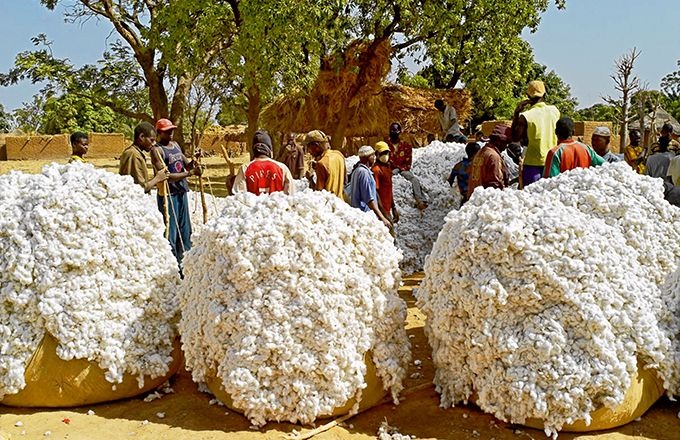
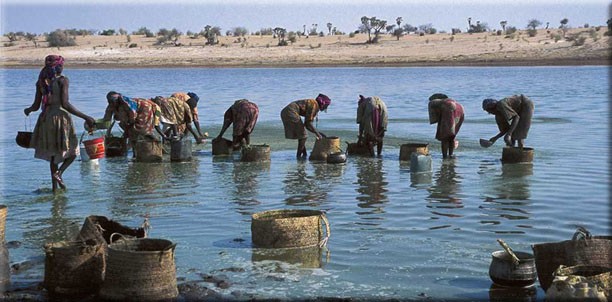
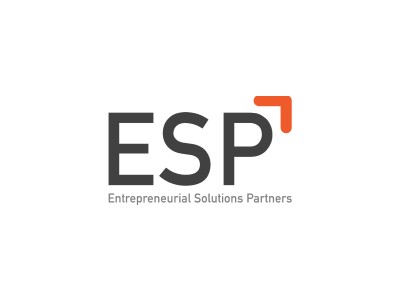
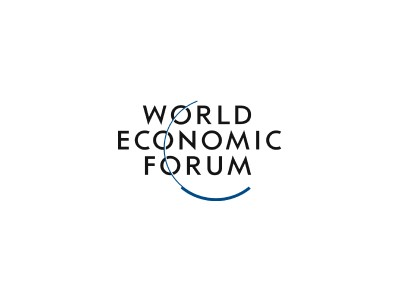
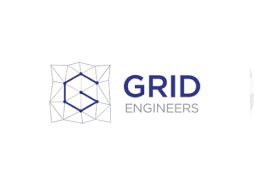
The project resulted in significant outputs and outcomes
